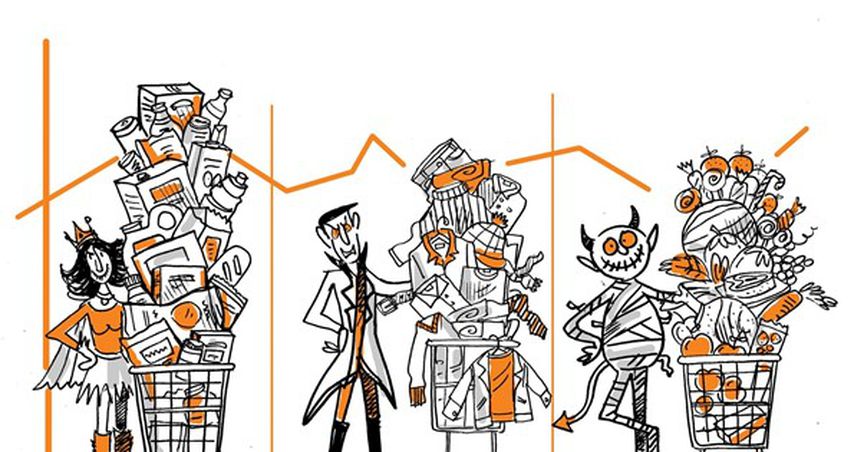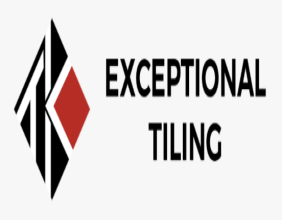Highlights
- Among all the raging crises of the present world, food insecurity is mounting high.
- The current food system is inefficient not only for humans, for the environment as well.
- Immediate large-scale planning and transformation are required.
The world is dwindling with different large-scale crises like energy inefficiency, food insecurity, climate change, etc. However, to battle the problems that erupted due to imbalances, the world needs to endure systematic changes. Among all the raging crises, food insecurity is mounting high.
How worse is the condition of the current food system?
Ironically, one part of the world is moving heavily towards scientific advancements, technological innovations, robotics, etc. And the other part is struggling to get daily meals. The COVID-19 pandemic has made the gap between the rich and the poor more evident.
For instance, some countries could manage the COVID-19 health crises well; however, some were pushed into health crises and economic crises. Some are even facing food crises; one current example is Sri Lanka: it has announced a food emergency.
Moreover, according to World Economic Forum, in 2020, around 811 million people were severely undernourished, 161 million more than in 2019. Also, it should not be forgotten that these are the registered numbers so that the actual count would surpass the reported cases.
Additionally, one-third of the world’s population is unable to afford a healthy diet. And, in the coming years, food insecurity will be a global issue as even the developed nations will soon fall under the radar of food insecurity.
ALSO READ: Over 100 million people in Africa at risk of climate change?
How badly is the current food system affecting the environment?
The current food system is inefficient not only for humans for the environment as well. In the present food system, there are 1 billion producers and 7 million consumers. Humans have occupied half of Earth’s habitable land for producing food.
Unfortunately, one-third of that land is degraded; thus, making the current food system unsustainable in the long run. Additionally, two-thirds of biodiversity loss and one-third of greenhouse gases are because of food and other land activities.

Image source: Copyright © 2021 Kalkine Media
How can we revamp the food system for a better, healthier, and more sustainable future for all?
It is now crystal clear that systematic changes are required in the current way of food production and distribution worldwide. Thus, every country, society, and community need to adjoin hands to help this transformation effectively.
For starters, the primary objective of the transformation should be rural economic growth instead of simply improving the food supply chain. Farmers and people who are employed in the food sector should not compromise on their way of living.
Secondly, the market should function on demand-driven principles. Thus, we require a more integrated approach for food system transformation. One way to achieve this is to emphasise public-private partnerships on local, region-wise, countrywide, and global levels.
Thirdly, the best available technologies should be available at the ground level globally for the food producers. Additionally, better finance and digital services are needed to improve market efficiency.
Lastly, more transparent, and comparative data is needed to ensure the transformation in different demographics. International panels and platforms for actions should be built to develop innovative solutions to solve the food insecurity crises and related problems.
GOOD READ: Here’s why we need to talk about green menstruation
Bottom line
Conclusively, the current food system is adversely inefficient to meet farmers’ food demands and the environment. A food system should be fair and sustainable to the planet and the people. Thus, immediate large-scale planning and transformation are required.




